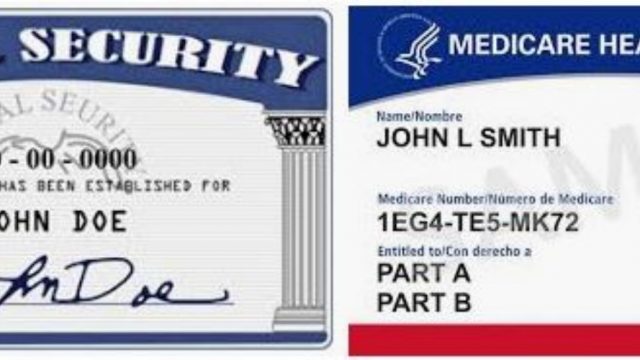4/24/2020
Source NRLN President’s Forum
Trustees Report on
Social Security and Medicare
The Trustees of the Social Security and Medicare trust funds issued their 2020 annual report to Congress, the President and the public on April 22. Once again, the news was not good. Here are key points from the Trustees report:
Social Security – The Old-Age and Survivors Insurance (OASI) Trust Fund, which pays retirement and survivors benefits, will be able to pay scheduled benefits on a timely basis until 2034, the same as reported last year. At that time, the fund’s reserves will become depleted and continuing tax income will be sufficient to pay only 76 percent of scheduled benefits.
The Disability Insurance (DI) Trust Fund, which pays disability benefits, will be able to pay scheduled benefits until 2065, 13 years later than in last year’s report. At that time, the fund’s reserves will become depleted and continuing tax income will be sufficient to pay 92 percent of scheduled benefits.
The 75-year (2020-2094) actuarial deficit of the combined OASI and DI trust funds increased from 2.78 to 3.21 percent of taxable payroll since the 2019 reports.
Medicare – The Hospital Insurance (HI) Trust Fund, which pays Medicare Part A inpatient hospital expenses, will be able to pay scheduled benefits until 2026, the same as reported last year. At that time, the fund’s reserves will become depleted and continuing total pro-gram income will be sufficient to pay 90 percent of total scheduled benefits. The 75-year (2020-2094) actuarial deficit of the HI Trust Fund decreased from 0.91 to 0.76 percent of taxable payroll. There was not an explanation why 2026 did not change since the percent of taxable payroll decreased.
The Supplemental Medical Insurance (SMI) Trust Fund has two accounts: Part B, which pays for physician and outpatient services, and Part D, which covers prescription drug benefits. SMI is adequately financed into the indefinite future because current law provides financing from general revenues and beneficiary premiums each year to meet the next year’s expected costs. Due to these funding provisions, the rapid growth of SMI costs will place steadily increasing demands on both taxpayers and beneficiaries.
The projections and analysis in the Trustee’s report do not reflect the potential effects of the COVID-19 pandemic on the Social Security and Medicare programs. Given the uncertainty associated with these impacts, the Trustees believe that it is not possible to adjust their estimates accurately at this time.
Trustees said lawmakers should address the Social Security and Medicare financial challenges as soon as possible. Taking action sooner rather than later will permit consideration of a broader range of solutions and provide more time to phase in changes so that the public has adequate time to prepare.


